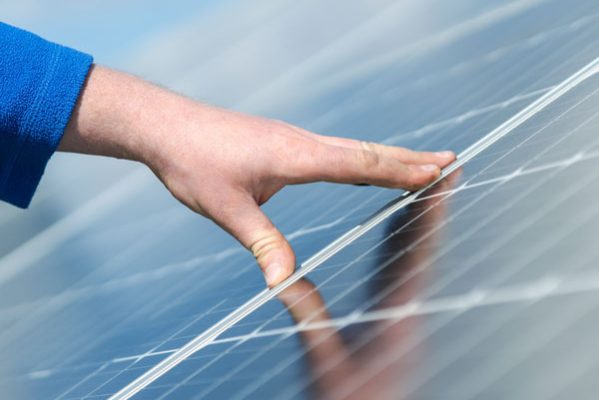Residents have less time than ever before to escape a home fire — potentially just three minutes or even less. FSRI in 2022 expanded its Close Before You Doze® public safety campaign to stress the importance of planning ahead to save lives during a fire. New messaging and materials educate the public on three lifesaving actions: installing smoke alarms properly throughout the home, creating and practicing an escape plan, and closing doors as a protective barrier to stop the spread of smoke and flames.
